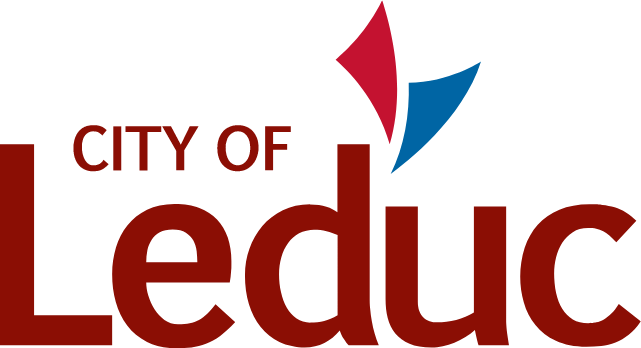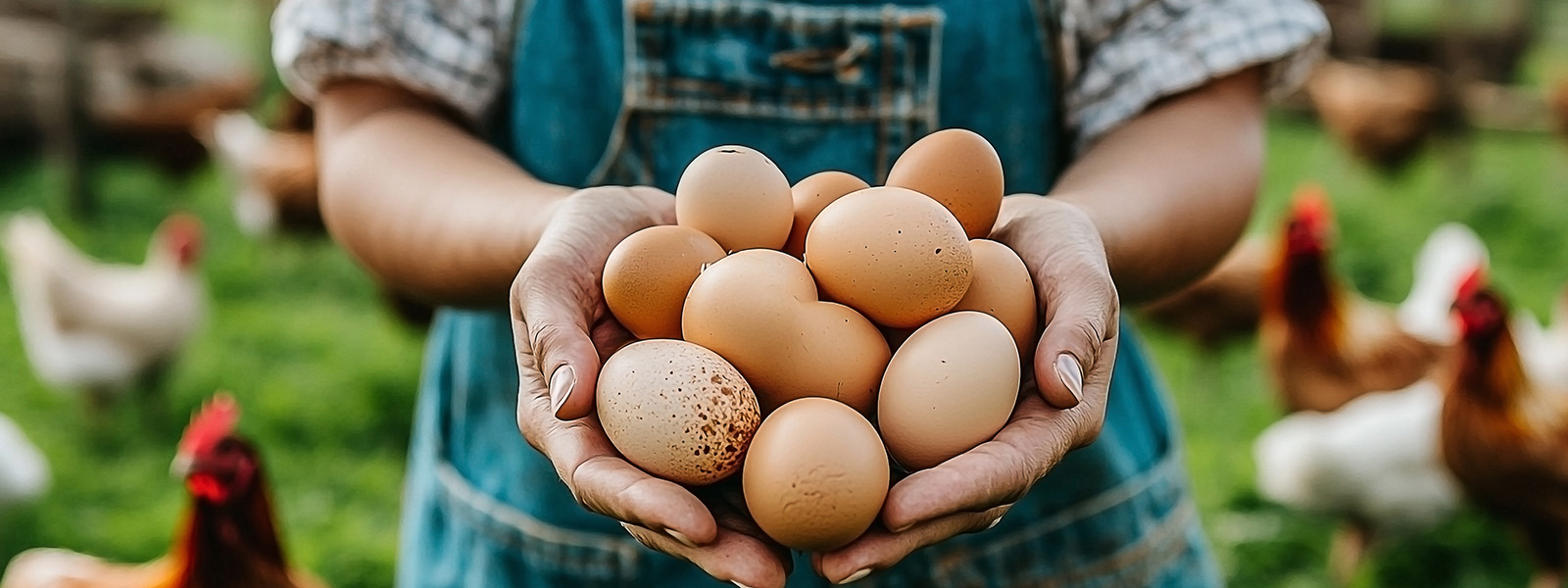Keeping hens can be an egg-straordinary and rewarding experience. The process for obtaining a licence requires training that is offered in the Spring and Summer, but it is never too early to start planning!
If you are interested in participating, follow the steps below.

